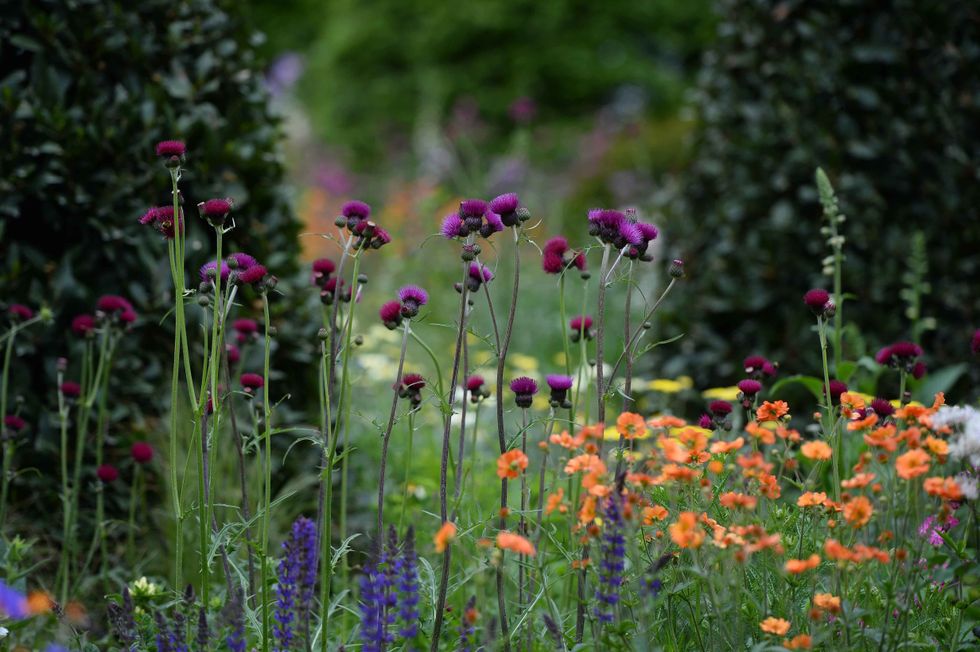Slow-release fertilisers or rotted manure? Gardener names best plant food for bountiful displays this spring

Well-rotted manure can provide essential nutrients to plants
|GETTY

An expert shared the best fertilisers for your garden
Don't Miss
Most Read
Latest
With spring looming ahead, gardeners nationwide will be impatient to see their flowers unfurl.
February presents an ideal starting point to get ahead of minor tasks, like preparing the soil for a successful yield. Compost or well-rotted manure can make good fertilisers.
Not only can healthy soil help flowers bloom beyond summer, but it will also assist in multiplying the number of blossoms throughout the growing season.
For optimal growth, roses should be fed twice annually. The best time to carry out the first feed is immediately after pruning.

Rose shrubs should be fertilised right after they've been pruned
|GETTY
Store-bought fertilisers generally come in two forms - powder or granule - with each offering a unique set of benefits to plants.
Outdoor shrubs that produce flowers or grow fast generally benefit from larger doses of each.
Tim Marshall, Raby Castle’s head gardener, explains that roses need an amalgamation of magnesium and potassium to produce healthy foliage and blooms.
“To encourage strong growth and abundant blooms in roses, gardeners can use a balanced fertiliser with a higher middle number, such as a 10-10-10 or 14-14-14,” noted the expert.
“These numbers represent the nitrogen, phosphorus, and potassium content in the fertiliser, respectively."
The gardener continued: “Apply the fertiliser according to the package instructions, usually once in early spring and again in mid-summer."
Alternatively, slow-release fertiliser can be applied once in spring, providing a steady supply of nutrients over several months.
Granule forms of fertiliser consisting of fish, blood, bones, and pelleted chicken also come highly recommended. They contain a range of nutrients that are slowly released into the ground over time.
LATEST DEVELOPMENTS

Using fertiliser ahead of Spring can give plants a much-needed boost
|PA
“It is also beneficial to use organic fertiliser, such as compost or well-rotted manure, which improve soil structure and add micronutrients,” said Marshall.
“Additionally, supplementing with a rose-specific fertiliser can provide adequate levels of nutrients like iron and magnesium, which are important for healthy growth and vibrant blooms."
The second dose of fertiliser is worth scheduling for July when flowering comes to an end and plants have been deadheading.
This additional application will offer the best chances of more flowers later in the summer.










